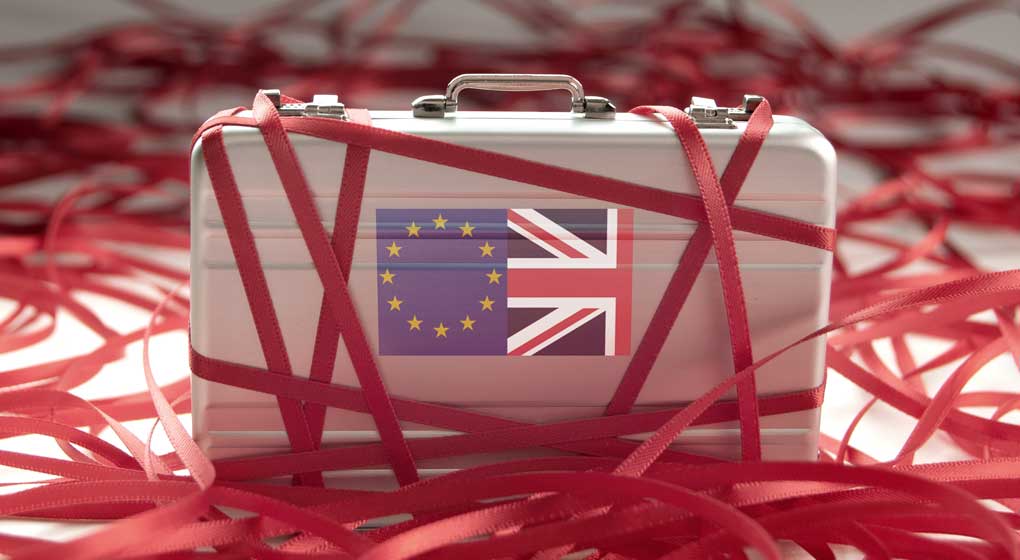We can mitigate post-Brexit trade friction if we act now
With the negotiating positions of the UK and EU so far apart, the chances of agreeing a zero for zero free trade deal between the two seem unlikely.
Regardless of the benefits many of us have highlighted of remaining closely aligned with EU rules to minimise trade friction, we have to accept that this approach has been roundly rejected by UK government and we are going to have to manage the consequences. And it is perhaps small comfort that the grinding uncertainty that beleaguered us in the April, July and October no-deal cliff edges last year has been replaced by clarity. We are now clear that this will be damaging to our sector and that businesses should prepare now for full regulatory checks at borders, in both directions.
Three of the key things that BMPA members have raised as priorities, and which we have raised with Government are groupage, Export Health Certificates and Health Marks.
We now have time to establish how groupage consignments containing products of animal origin will be managed from a veterinary certification point of view. As things stand, there is no internal mechanism in place for these types of groupage consignments to continue to function after the end of the transition period. This is something we can address right now as it is largely dependent on the UK’s own internal processes in terms of how vehicles with mixed loads and/or multiple consignee/consignors are handled.
Three key things that BMPA has raised with Government are groupage, Export Health Certificates and Health Marks.
We also need to press ahead with seeking agreement with the EU on the certification of products for which Export Health Certificates do not currently exist such as fresh meat preparations (e.g. sausages) and fresh minced beef, both of which will only be able to be exported to the EU frozen once the UK no longer has unfettered access to the EU single market. This is also true for the trade in animal by-products which are vital part of the value chain in the meat and livestock sector.
Of course, it could be argued that there is no reason for the EU to treat the UK preferentially on this, except that the close integration of our industries means that there is established two way trade and mutual benefit from providing continuity.
One of the big concerns as the threat of a no-deal Brexit loomed last year was how to manage the transition overnight from the current ‘UK/EC’ health mark to a new ‘GB’ mark. At the time the EU insisted that, for trade with the EU the UK has to use the official ISO national indicator which is ‘GB’. With time now on our side we also have the opportunity to agree and implement a phased introduction of the post 31 December 2020 health mark without the ‘EC’ reference to avoid issues around product produced close to the end of the transition period with the ‘wrong’ mark.
Government has been quite blunt in telling business that it is its responsibility to be ready and organised, but it too now has a responsibility to support this effort by addressing these key technical issues and doing so urgently.







